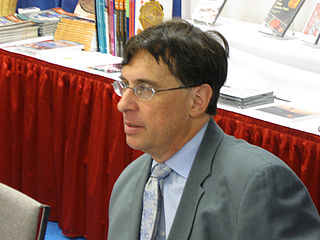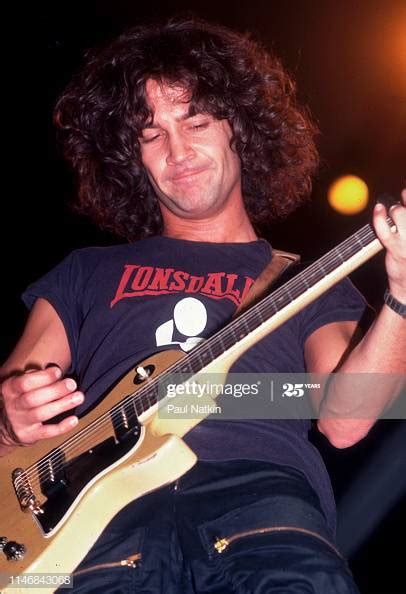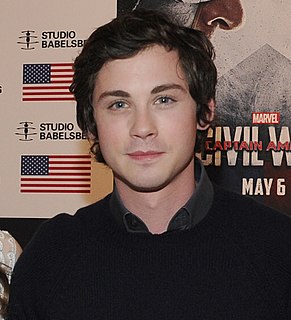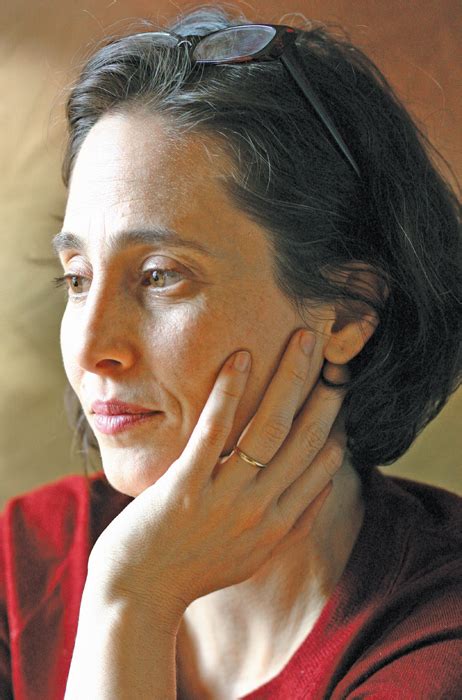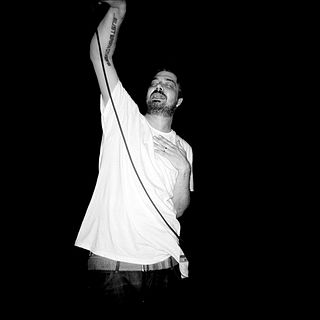A Quote by Danielle Dutton
It's interesting, editing can be so immersive for me that I've noticed that the authors I edit have a pretty profound effect on how I hear language for a while.
Related Quotes
Teachers and librarians can be the most effective advocates for diversifying children's and young adult books. When I speak to publishers, they're going to expect me to say that I would love to see more books by Native American authors and African-American authors and Arab-American authors. But when a teacher or librarian says this to publishers, it can have a profound effect.
This book reminds me of James Gleick's Chaos. The ideas and stories in Loving and Hating Mathematics are timely, interesting, and sometimes even profound. The authors, writing for nonspecialists, take pains to explain technical ideas in nontechnical language, and the book should interest general readers as well as a large mathematical audience.
The Coen brothers: Of all the directors I've worked with, they're the only ones who have given me the storyboards attached to the script. It was very cool for me, because I knew when I was in close-up or if it was far away, and it also made me know that anything that happened in the edit wasn't personal. Because they edit their own movies, so they were editing it as they went.
[ Digital revolution ] only has allowed me to work faster, editing digitally, which I'm doing right now, a film on volcanoes. I can edit almost as fast as I'm thinking, editing with celluloid means always searching for this little reel of film, and number it, and scribble on it with some sort of pens, and gluing it together, and working on a flatbed. It's much, much slower.
Language designers want to design the perfect language. They want to be able to say, 'My language is perfect. It can do everything.' But it's just plain impossible to design a perfect language, because there are two ways to look at a language. One way is by looking at what can be done with that language. The other is by looking at how we feel using that language-how we feel while programming.




